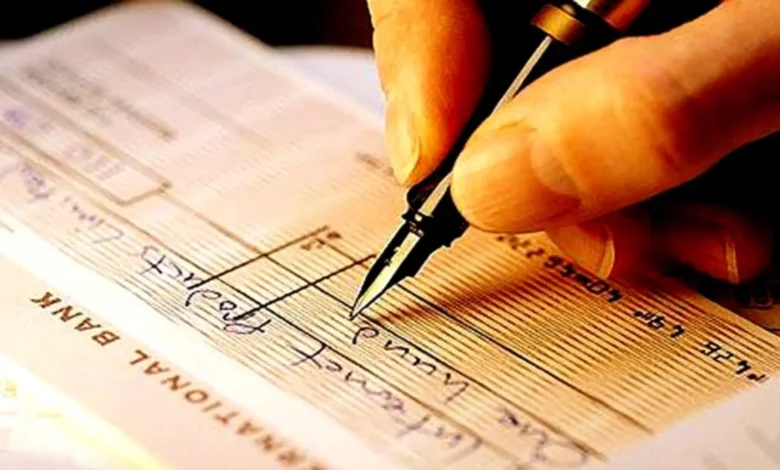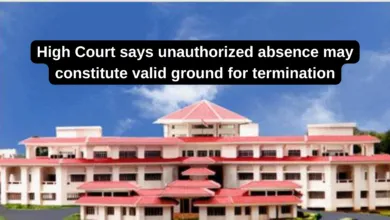
In a recent case involving bounced cheques, the Delhi High Court reaffirmed that only the sole proprietor of a sole proprietorship firm can be held responsible for cheques issued by the firm for debt repayment.
Case Background
The case involved Sanat Kumar, who was summoned under Section 138 of the Negotiable Instruments (NI) Act for allegedly issuing cheques that were dishonoured. The cheques were meant to repay a loan provided to a business. However, the court found that Sanat Kumar was not the sole proprietor of the business in question. Instead, the sole proprietor was Rajeev Kumar.
The complaint, filed by Sanjay Sharma, claimed that in 2016, Sanat Kumar and Rajeev Kumar had sought financial assistance of ₹25 lakh from him. To repay this loan, two cheques were issued in November and December 2017. However, when Sharma presented the cheques to his bank in Delhi, they were dishonoured with the return memo stating “payment stopped by drawer.”
In January 2018, Sharma sent a legal notice demanding repayment for the dishonoured cheques. When no payment was made, he filed a complaint under Section 138 of the NI Act. Summons were issued to both Sanat Kumar and Rajeev Kumar in June 2018.
High Court’s Findings
Sanat Kumar challenged the summoning order in the Delhi High Court, arguing that Rajeev Kumar was the sole proprietor of the business, Regal Cruiser Travels, and had issued the cheques. Therefore, he claimed that the complaint under Section 138 should not apply to him.
Justice Subramonium Prasad, who presided over the case, reviewed the evidence, including the GST filings, and confirmed that Rajeev Kumar was indeed the sole proprietor of Regal Cruiser Travels. The court reiterated that in cases involving sole proprietorships, only the sole proprietor can be held liable for cheques issued by the firm.
In light of this, the court quashed the complaint and summoning order against Sanat Kumar. The court concluded that the essential elements of Section 138 of the NI Act were not applicable to him since he was not the sole proprietor responsible for issuing the cheques.
Conclusion
This ruling highlights that in cases involving sole proprietorship firms, only the sole proprietor can be held accountable for financial obligations such as cheques. This case serves as a reminder of the importance of clearly identifying the liable party in legal disputes involving sole proprietorships.

